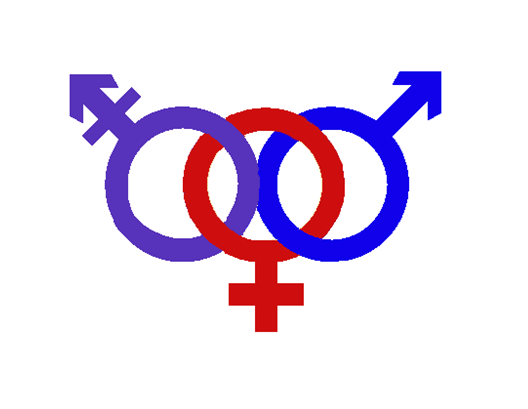PROGRESS-Plus is an acronym used to identify characteristics that stratify health opportunities and outcomes.
- PROGRESS refers to:
 Place of residence - where someone lives (e.g. the country, region, city, community and their characteristics, or urban vs. rural settings) comm
Place of residence - where someone lives (e.g. the country, region, city, community and their characteristics, or urban vs. rural settings) comm Race/ethnicity/culture/language
Race/ethnicity/culture/language Occupation - e.g. unemployment, underemployment, informal employment, and unsafe working condition, as well as type of occupation
Occupation - e.g. unemployment, underemployment, informal employment, and unsafe working condition, as well as type of occupation Gender/sex
Gender/sex Religion
Religion Education
Education Socioeconomic status
Socioeconomic status Social capital - e.g. social relationships and networks
Social capital - e.g. social relationships and networks
 Plus refers to:
Plus refers to:
1) personal characteristics associated with discrimination (e.g. age, disability)
2) features of relationships (e.g. smoking parents, excluded from school
3) time-dependent relationships (e.g. leaving the hospital, respite care, other instances where a person may be temporarily at a disadvantage)
References:
Oliver S, Kavanagh J, Caird J, Lorenc T, Oliver K, Harden A. Health promotion, inequalities and young people’s health. A systematic review of research. 2008; Available from: http://eppi.ioe.ac.uk/cms/LinkClick.aspx?fileticket=lsYdLJP8gBI%3d&tabid=2412&mid=4471&language=en-US.
Oliver S, Dickson K, Newman M. Getting started with a review. In: Gough D, Oliver S, Thomas J, editors. An Introduction to Systematic Reviews. London: SAGE Publications; 2012
O'Neill J, Tabish H, Welch V, Petticrew M, Pottie K, Clarke M, Evans T, Pardo Pardo J, Waters E, White H, Tugwell P. Applying an equity lens to interventions: using PROGRESS ensures consideration of socially stratifying factors to illuminate inequities in health. Journal of Clinical Epidemiology. 2014, 67 (1), pg. 56-64. doi:10.1016/j.jclinepi.2013.08.005
